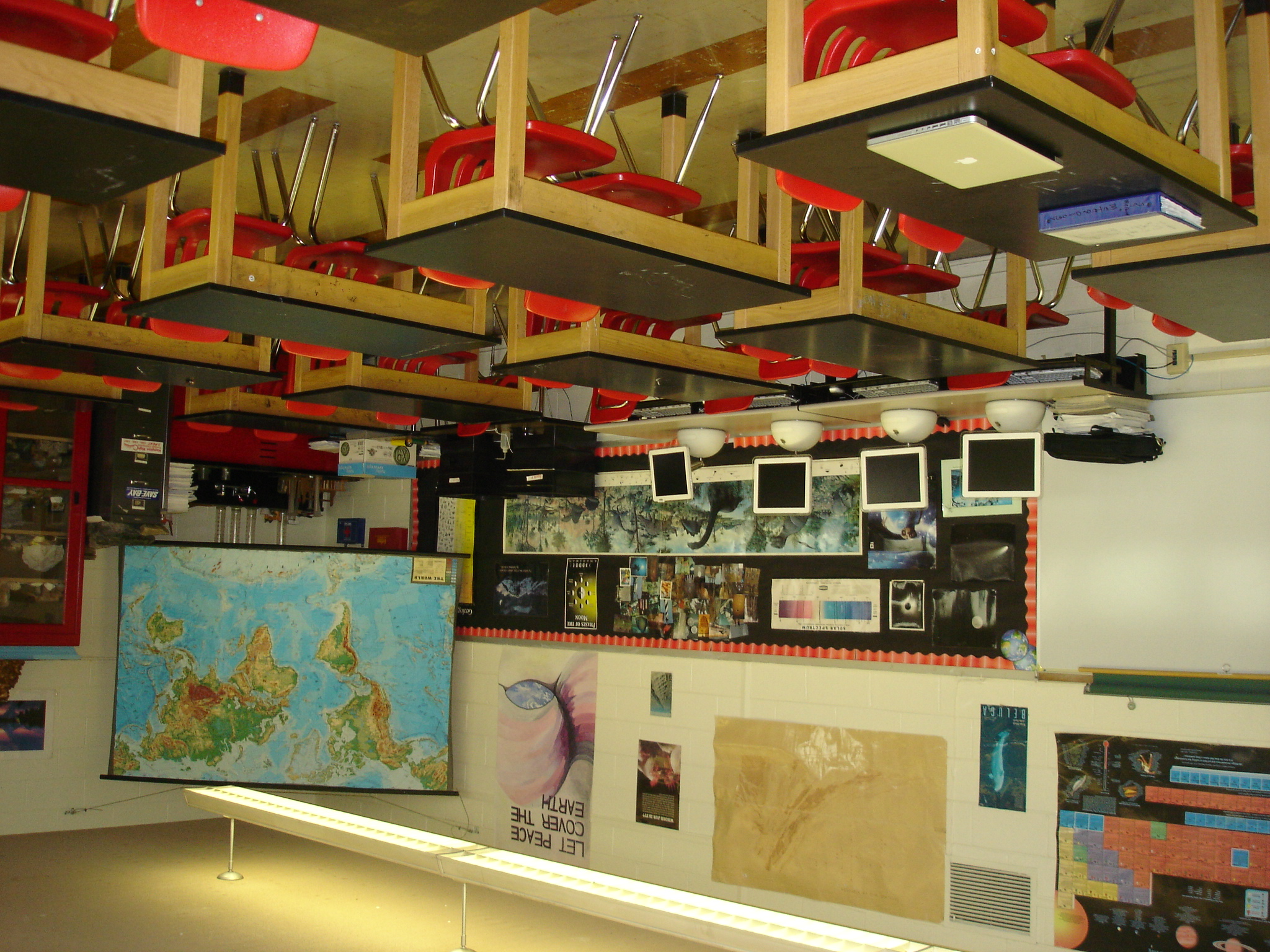Judith Dubois

Fluency Writing
My students played the game quite honestly, and once they realized that I was more interested in reading what they had to say than in counting spelling mistakes, many of them trusted me by writing very personal and interesting texts.

Corrections are No Longer Drudgery
Writing is output, but when I edit their texts and give them to other students to read, it becomes input. and compelling input at that.

Twenty minutes to explain TPRS
When teachers experience the method as students, many deeply rooted beliefs and assumptions are swept away.

Very Narrow Listening
I often feel that we do not devote enough attention to listening, whereas it is obviously an important skill if we are expecting our students to acquire a language through comprehensible input. Perhaps the most important skill of all.

Feedback from Carly
“I would absolutely love to come again and I would definitely recommend this conference to any language teacher interested in exploring TPRS and CI. “

Why I no longer teach Phonics
Teaching phonics means concentrating on form and it only goes into short term memory , which basically means a lot of time and energy spent on very little gain. As Stephen Krashen says, “There’s an easy way and there’s a hard way. And the hard way doesn’t work.”

Agen Workshop 2015 – My thoughts
A week ago I was talking to Lillian Stirling and Teri Wiechart about the wonderful workshop that had just ended. Then I took them to the train, came home and went to bed, finally following my doctor’s orders to rest after a week’s delay. And that is pretty much all I’ve done or accomplished in

Testimonials
“a wonderful opportunity for teachers to question their own pedagogical practices, “

